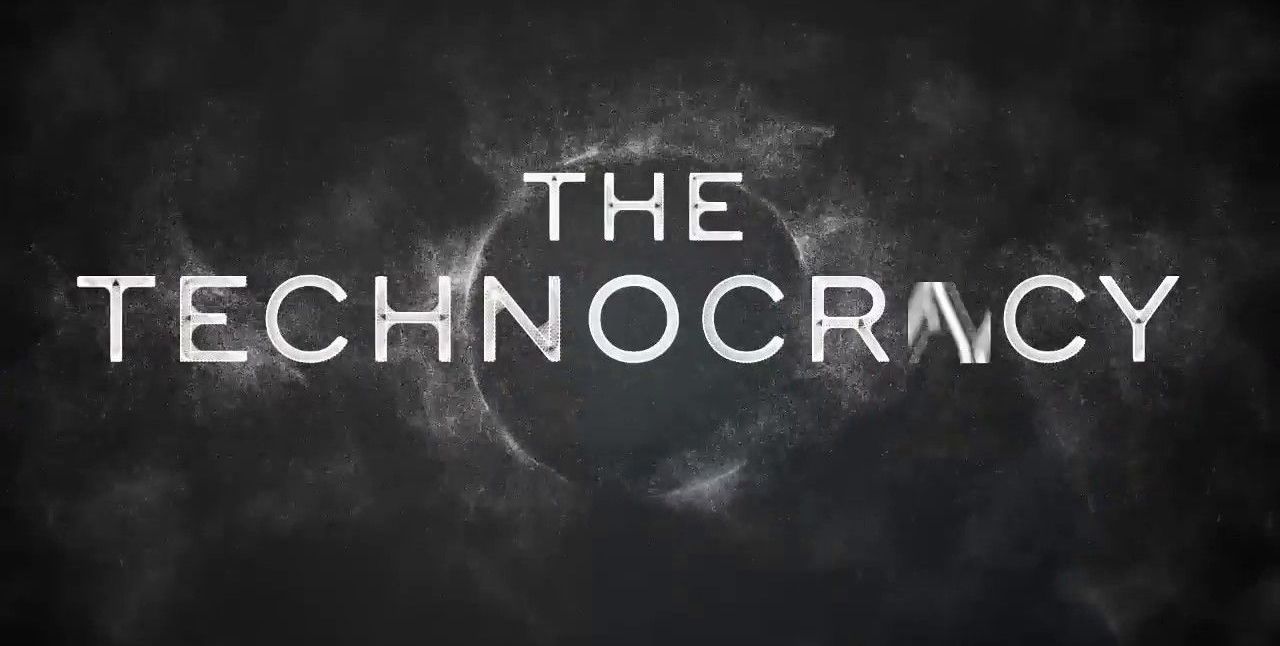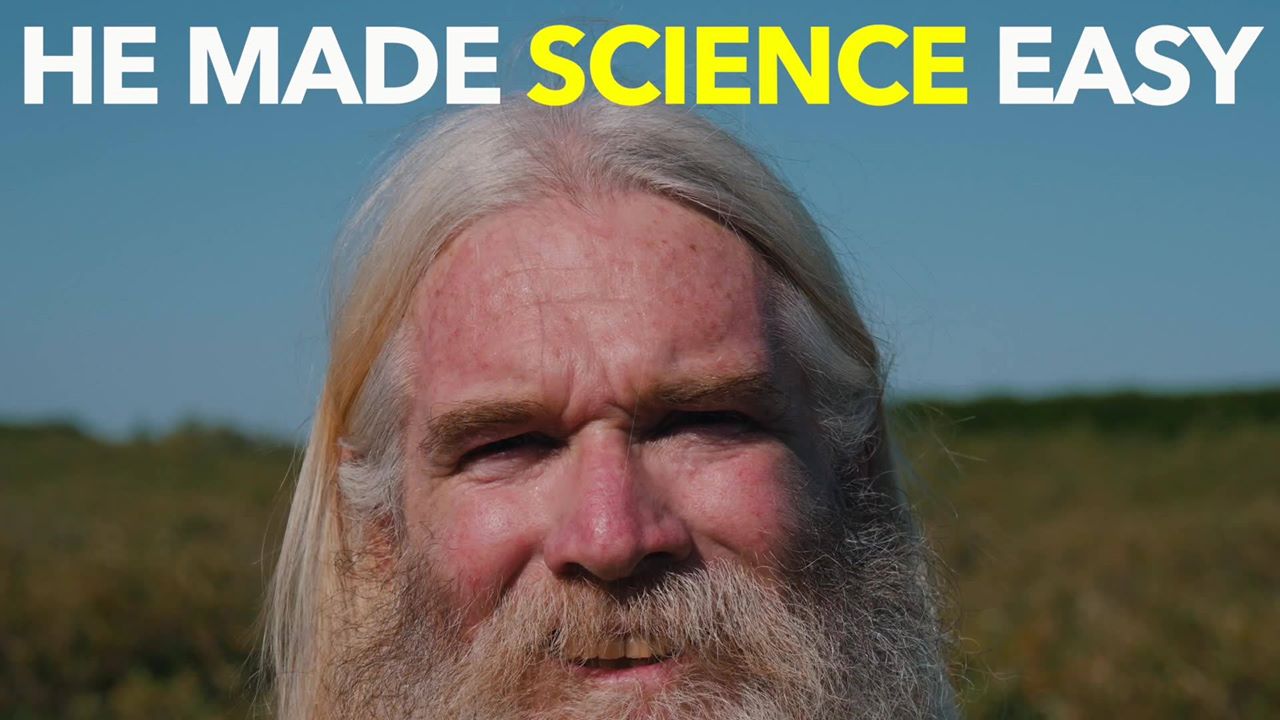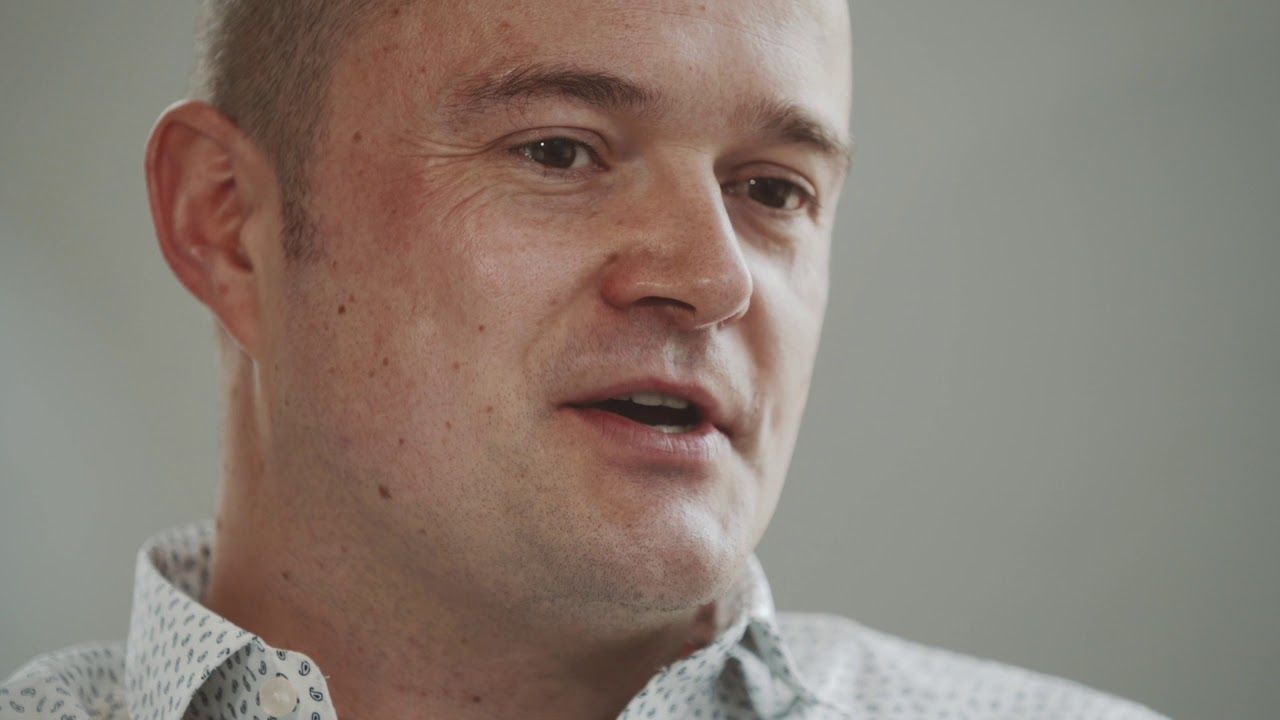Page 10112
May 10, 2018
Booming cities, unintended consequences
Posted by Bill Kemp in categories: economics, transportation
Roadways clogged by commercial vehicles and intense competition for affordable housing are imposing costs on prosperous cities and their most vulnerable residents.
Cities are the hubs of the emerging digital economy, attracting knowledge workers with higher pay and alluring lifestyles. One consequence of this concentrated prosperity is rising rents and a scramble for housing that places disadvantaged citizens in peril—as seen in the increasing rates of homelessness in cities such as Seattle. More people living in urban cores also means more commercial vehicles are needed to serve them, which is fueled by a surge in online deliveries. The resulting congestion is burdening cities with surprisingly high costs. The social stresses of the new growth should be on your radar.
May 10, 2018
Touring the Transhuman House, Sustainable Technologies and our Future
Posted by Bill Kemp in categories: sustainability, transhumanism

In this special edition we are going on a tour of the Foundation’s ‘Transhuman House’.
Set in the middle of the Rocky Mountains, let’s fly in and take a look…
Continue reading “Touring the Transhuman House, Sustainable Technologies and our Future” »

Imagine if your teacher looked like Gandalf from Space and explained everything about the universe in the most simplest way possible…
That’s when everyone decides to be a scientist!
The way Greg got to become an Astronomer is quite amazing!
You can find him here in Broome, Australia at Greg Quicke’s Astro Tours. He’s as earthy as he looks!
May 10, 2018
How to Leverage the Power of Science Fiction for Exponential Innovation
Posted by Klaus Baldauf in categories: futurism, innovation
Science fiction is powerful because it brings the future to life. Using a methodology called SciFi D.I., we can leverage science fiction to look 10 to 15 years into the future to redefine what’s possible today. When we can clearly imagine what the future might be like, we can begin to see a path to it.
May 10, 2018
Light could make semiconductor computers a million times faster or even go quantum
Posted by Shane Hinshaw in categories: computing, quantum physics
![]()
A technique to manipulate electrons with light could bring quantum computing up to room temperature.
A team of researchers in Germany and at the University of Michigan have demonstrated how infrared laser pulses can shift electrons between two different states, the classic 1 and 0, in a thin sheet of semiconductor.
May 10, 2018
China’s working on the next generation of military exoskeleton. Here’s what it can do
Posted by Shane Hinshaw in categories: cyborgs, military
China’s defense contractors are entering the field in a major way. Here’s the next generation of military exoskeletons.
May 10, 2018
Alexa and Siri Can Hear This Hidden Command. You Can’t
Posted by Sean Cusack in category: robotics/AI
Researchers can now send secret audio instructions undetectable to the human ear to Apple’s Siri, Amazon’s Alexa and Google’s Assistant.
Credit Lynn Scurfield
May 10, 2018
Self-navigating AI learns to take shortcuts: study
Posted by Saúl Morales Rodriguéz in categories: biotech/medical, robotics/AI

A computer programme modelled on the human brain learnt to navigate a virtual maze and take shortcuts, outperforming a flesh-and-blood expert, its developers said Wednesday.
While artificial intelligence (AI) programmes have recently made great strides in imitating human brain processing—everything from recognising objects to playing complicated board games—spatial navigation has remained a challenge.
Continue reading “Self-navigating AI learns to take shortcuts: study” »













